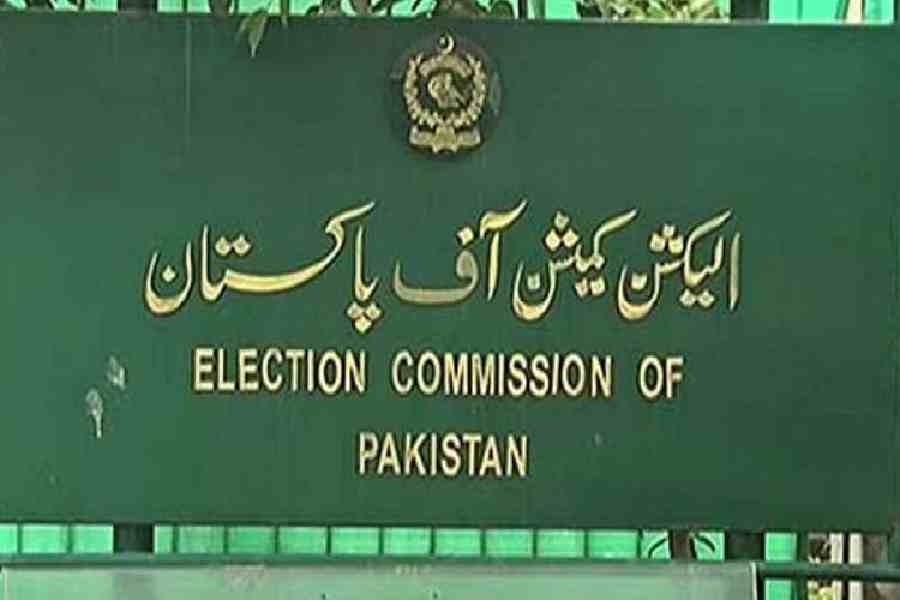Pakistan’s top election body has said that it is not possible to give an exact date for general elections due to technical reasons, a day after the country's political parties demanded an exact polling date from the election commission.
The Election Commission of Pakistan (ECP) has come under fire for its failure to announce a specific date for the upcoming elections after it announced on Thursday that polls would be held in the "last week of January 2024." A senior ECP official said that it was “not technically possible” to make an official announcement for the date of the general elections.
He said that doing so will demand a kick-start to a formal process that must follow specific timelines in the lead-up to the election, the Dawn newspaper reported on Saturday.
Elaborating on this justification, the official said that under Section 57 of the Elections Act, the announcement of a polling date should be followed by issuing an election schedule, which sets the entire electoral cycle in motion.
This ‘cycle’ involves the filing of nomination papers, their scrutiny, and decisions and appeals on their acceptance or rejection. Each step has to be completed under a set timeline.
The ECP is facing criticism for its failure to hold elections within 90 days of the dissolution of Parliament on August 9.
Commenting on the “uncertainty surrounding the election date,” Pakistan Peoples Party leader Qamar Zaman Kaira said that a level playing field and a clear and transparent election process were essential.
Jailed former prime minister Imran Khan's Pakistan Tehreek-e-Insaf (PTI) party also questioned the ECP’s authority to announce the election date. A media report quoted PTI leader Ali Zafar as saying, “The election commission’s election date is beyond the constitutional date." The constitution mandates that elections should be held within 90 days of the assemblies’ dissolution.
However, the ECP said it has valid reasons for the delay as it has been determining new electoral districts on the basis of a new census. The delimitation will be completed on November 30.
Then a 54-day period would be given for filing of nominations which would be followed by elections, according to the ECP. But the logic given by the ECP has failed to stop criticism.
The Dawn newspaper reported that PATTAN and Coalition38 — a body of more than 150 civil society organisations and labour unions — issued a joint statement regretting that the ECP had further deepened the prevailing uncertainty by giving an extremely vague statement about the next general elections.
They said the ECP’s statement was violative of Article 48(5a) of the Constitution, which binds the president to announce a date for general elections within 90 days of the dissolution of an assembly.
They also regretted “with deep anguish” that the ECP had eroded its credibility and the public’s trust by taking u-turns and violating the orders of the superior courts.
“We also note with deep concern that the ECP, instead of holding elections within 90 days of the dissolution of National Assembly, began delimitation of constituencies which was not only based on a flawed and highly politicised population census but [was] also not mandatory under the Constitution,” the statement issued by the civil society coalition said.
Except for the headline, this story has not been edited by The Telegraph Online staff and has been published from a syndicated feed.











